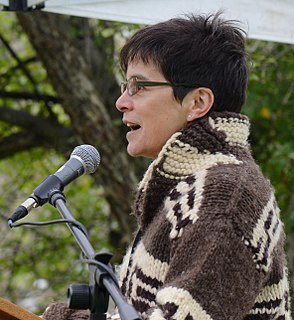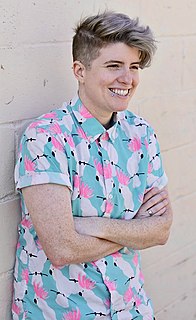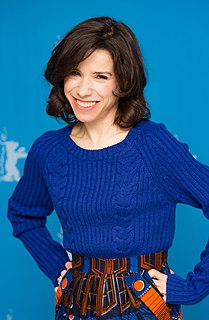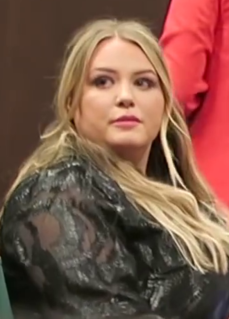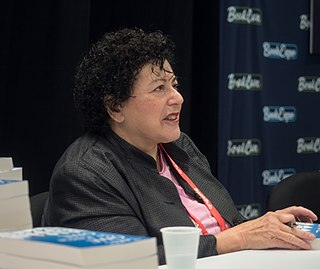A Quote by Jamaica Kincaid
I would pretend when I was a child that I was Charlotte Brontë, because I'd read Jane Eyre when I was ten and, although I didn't understand it, I loved the idea that this woman had written a book. I wanted to be her.
Related Quotes
I started reading seriously at seven or eight, books about myths and legends, the Narnia series. By the time I was 11, I had read all the children's books in my local library, so I moved on to 'Jane Eyre.' What I loved about Jane Eyre was that she didn't rely on her looks but her character. She had a spirit nobody could break.
People were intrinsically selfish, and many hated the idea of a woman in charge of the Institute. They would not put themselves at risk for her. Only a few weeks ago he would have said the same thing about himself. Now, knowing Charlotte, he realized to his surprise, the idea of risking himself for her seemed an honor, as it would be to most Englishmen to risk themselves for the queen.


